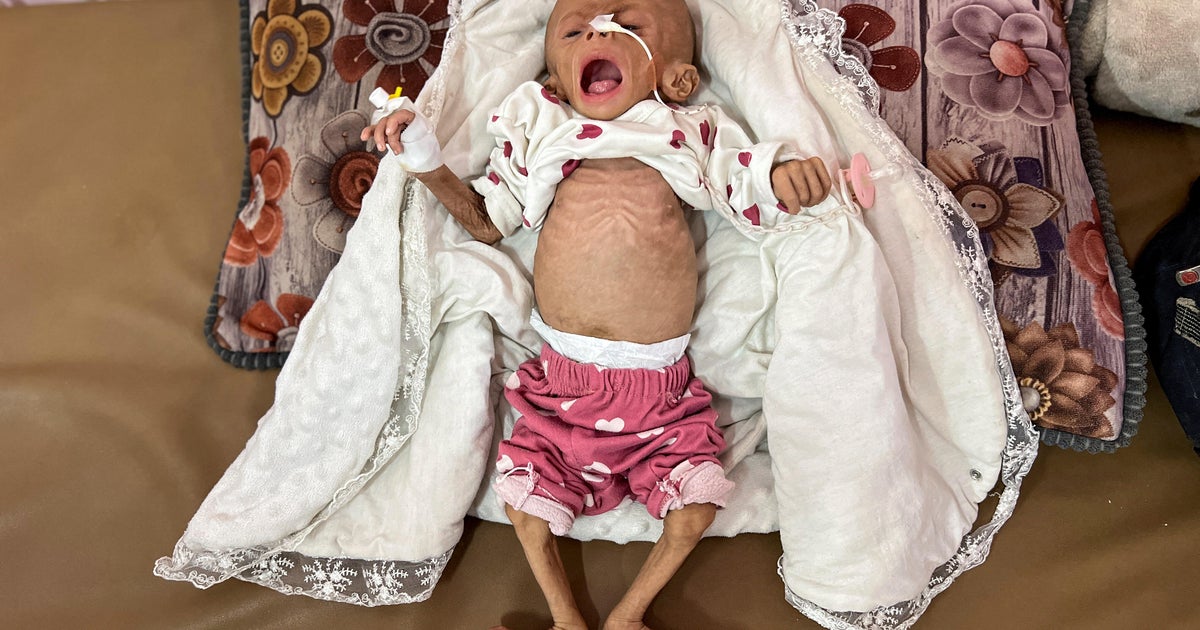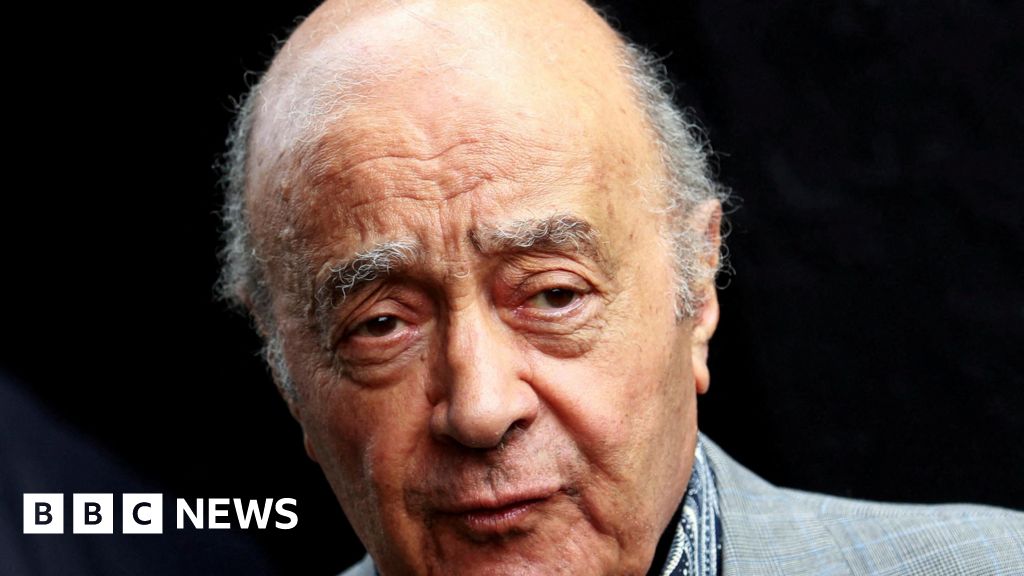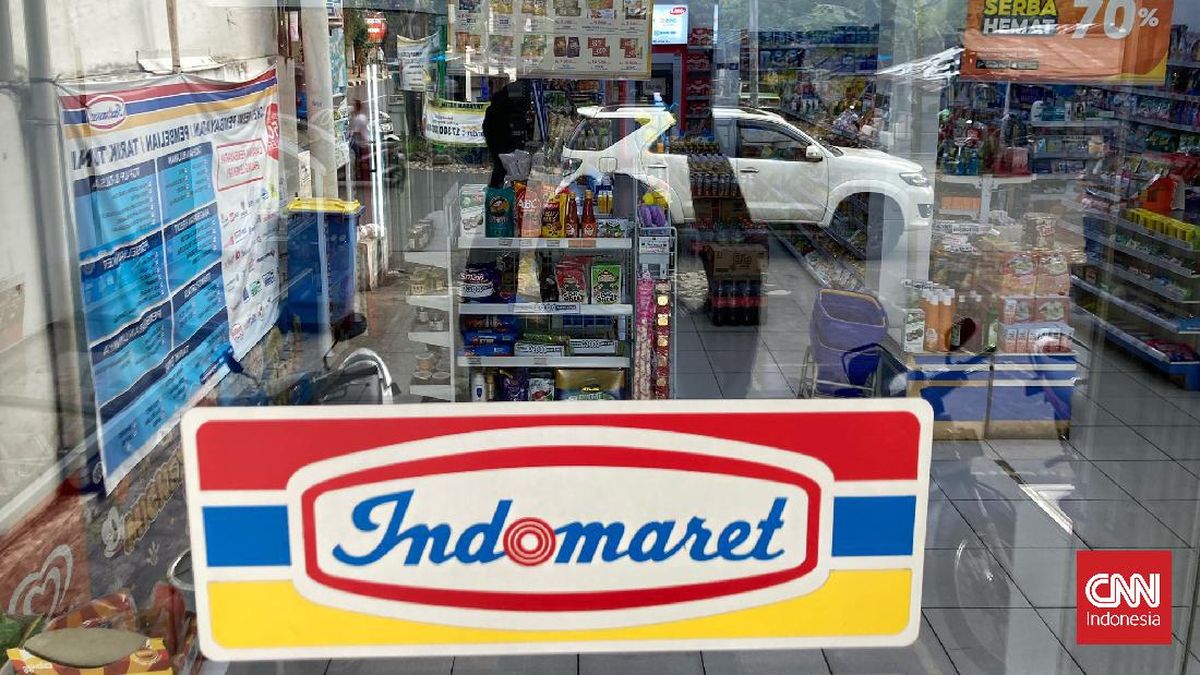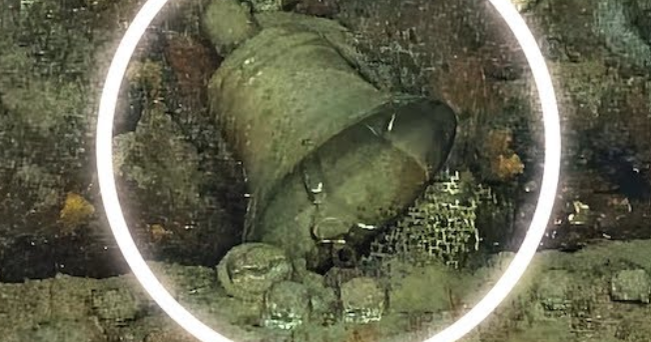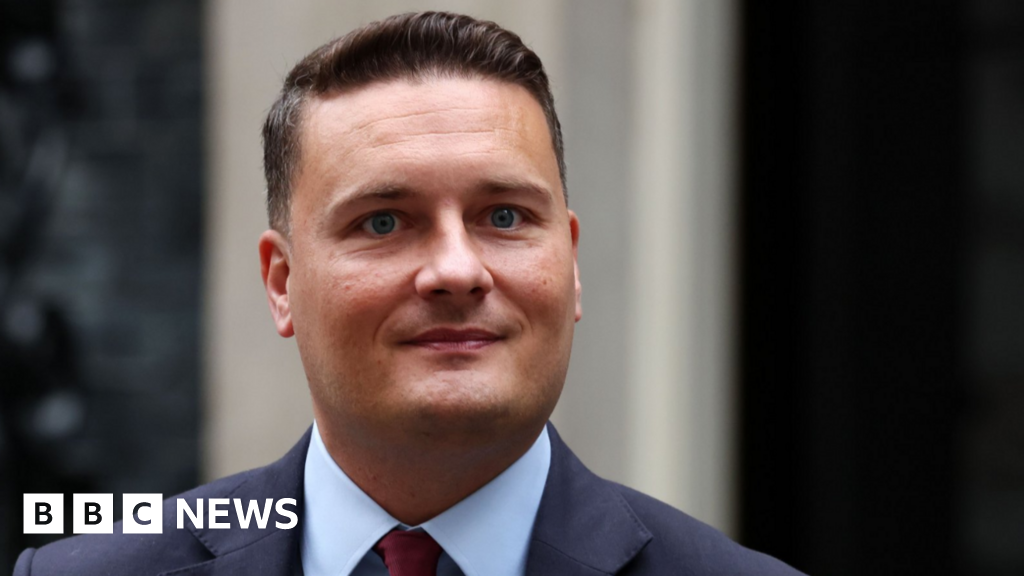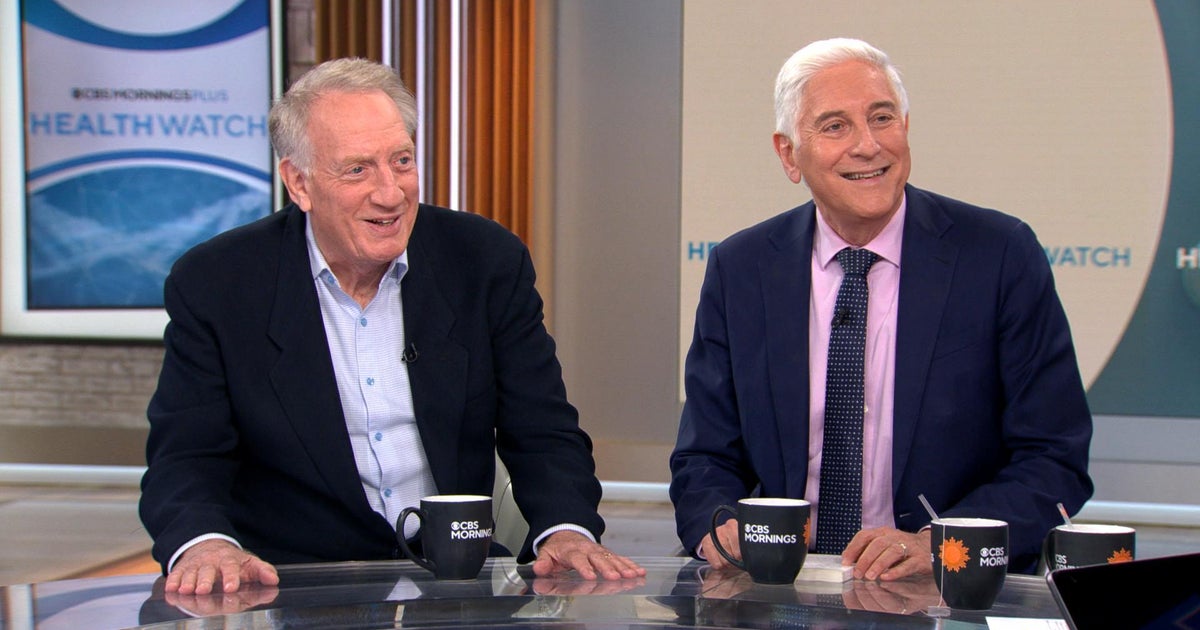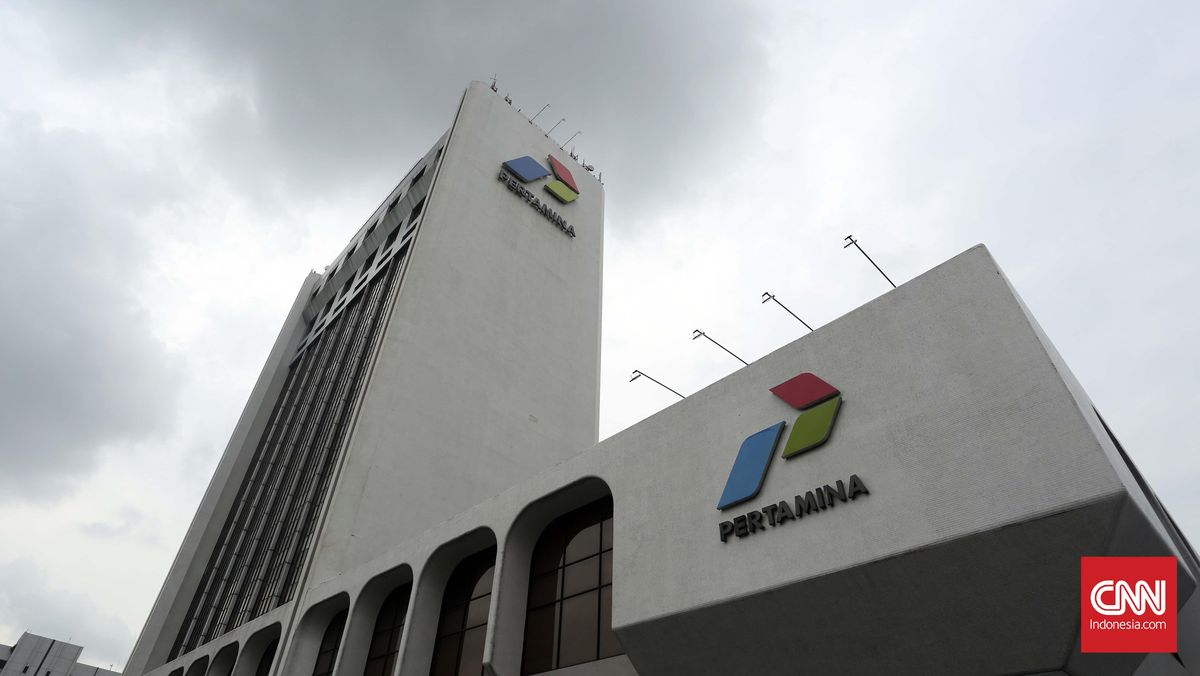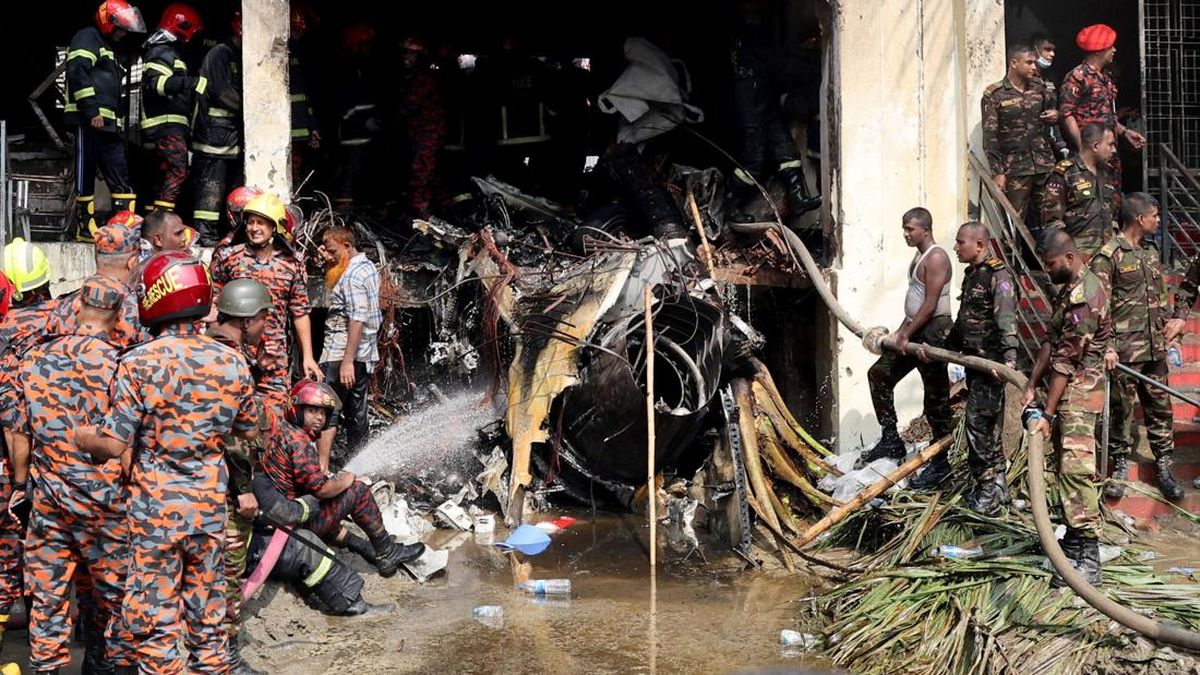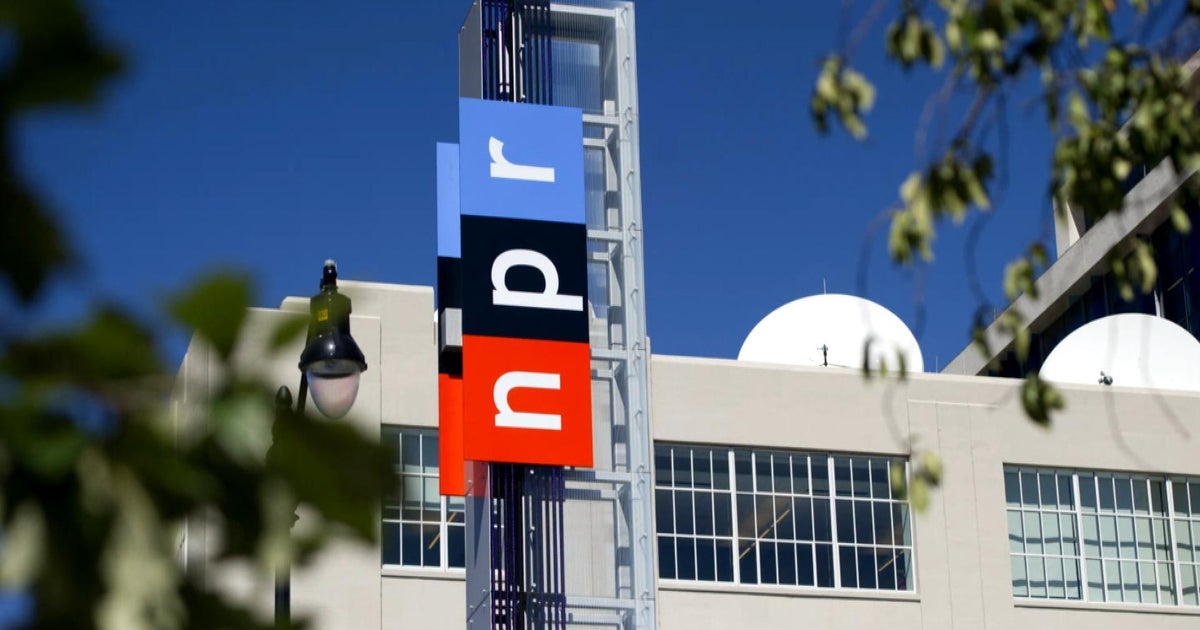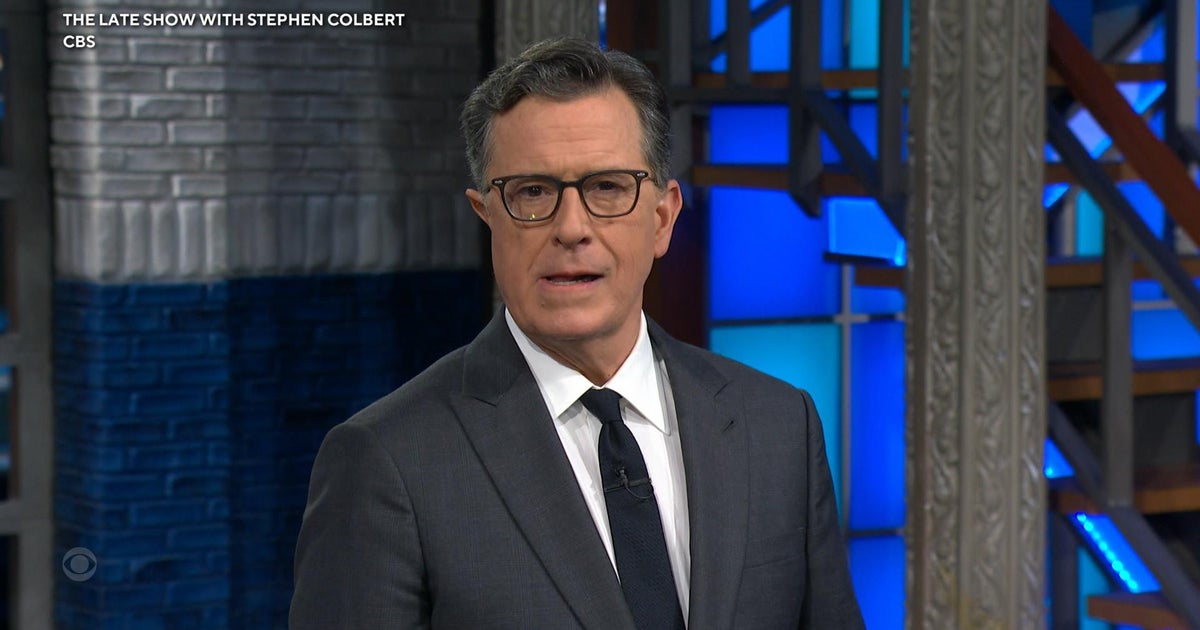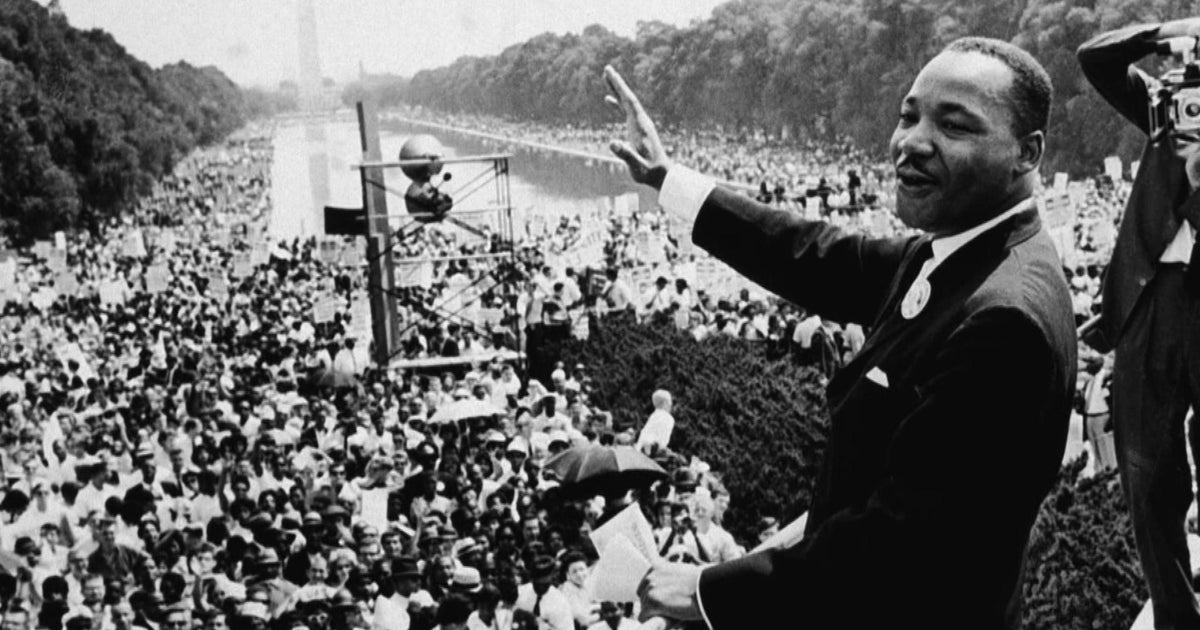Virgin Australia says it’s rethinking its policy on passengers taking power packs, used for recharging mobile phones, as carry-on items after flight crew had to put out an on-board fire on a Sydney to Hobart flight.
A fire broke out on flight VA1528 in an overhead locker on Tuesday during descent but the plane landed safely. The cause of the fire is thought to have been a portable lithium-ion battery, prompting Virgin to review use of power banks on flights.

A fire broke out on a Virgin Australia flight on Monday.Credit: Luis Enrique Ascui
Virgin passengers are being discouraged from using power banks on the plane. The airline requires passengers to carry power packs in cabin luggage.
The Sydney to Hobart flight was 10 minutes from landing when the incident occurred, forcing the pilot to declare “pan-pan” to air traffic controllers, signifying an urgent but non-life threatening situation.
The “pan-pan” call is not as severe as a “mayday” call situation.
Loading
“The fire was extinguished by Virgin Australia cabin crew prior to landing,” a company spokesperson said.
Airservices Australia firefighters attended the aircraft after it landed and removed a bag from the overhead locker. Passengers then disembarked the aircraft normally, Virgin said.
The Australian Transport Safety Bureau (ATSB) and Civil Aviation Safety Authority (CASA) are investigating the fire, and Virgin said the results would influence its battery safety policy.
“We have immediately initiated an investigation into the cause of a small fire originating from a passenger’s carry-on luggage in an overhead locker during descent on flight VA1528,” Virgin said.
“Any relevant findings from this investigation may inform permanent changes to our battery policy to ensure the safety of our guests and team members.”
The safety of lithium-ion batteries used in mobile phones and power banks has come under scrutiny by air safety experts.
The batteries can sometimes enter “thermal runaway” – a process in which the energy of the battery is released in a way that causes further increase in temperature, leading to an explosion or fire.
In April, CASA urged travellers to pack power banks and spare batteries in their carry-on items “as part of an increased focus on reducing in-flight safety risks”.
“The average passenger now travels with at least 4 lithium battery devices,” CASA CEO and Director of Aviation Safety Pip Spence said.
“Sometimes power banks and spare batteries can short-circuit and catch fire. Carrying them with you in the cabin means trained aircrew can handle any issue quickly and safely.”
The US Federal Aviation Administration warned passengers in 2023 not to fully charge their devices for a flight because of increased cabin fire risk.

The incident occurred as the flight approached Hobart.Credit: Getty Images
Yet the thinking on the safety of rechargeable batteries is still evolving. Many modern planes feature personal charging ports in seats.
Loading
In June, Virgin Australia was rated the fourth-safest airline in the world by AirlineRatings.com.
Air New Zealand was ranked No.1, followed by Qantas, and Cathay Pacific, Qatar Airways and Emirates shared third spot.
The ranking evaluates serious incidents over the past two years, the age and size of the airline fleet and the rate of incidents.
Virgin, as part of its initial public offering strategy, has moved to simplify its fleet structure and use a wet-lease agreement to essentially outsource long-haul flying to part-owner Qatar Airways.
Most Viewed in Business
Loading

